About this guide

A member of staff or a carer can support you to read this guide. They will be able to answer any questions that you have.
About this guide
This guide is for anyone who is a victim of domestic violence or abuse or for anyone who thinks they might be a victim.
Domestic violence or abuse is:

Domestic violence or abuse is:
- being physically hurt (hitting, kicking, biting)
- sexual abuse (being made to have sex, being made to do sexual things you do not want to)
- mental abuse (being bullied, called names, made to feel stupid, being threatened)
- financial abuse (having your money taken away or not being given any money
Domestic abuse is usually done by a partner, ex-partner or family member. Sometimes domestic abuse can be when a brother or sister abuses you in the home.
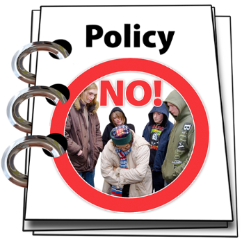
Most people know that abuse of any sort is not allowed and should be stopped.
There are some people who still believe that sometimes it is alright to hurt someone else.
This is not true and abuse of any kind must be stopped.
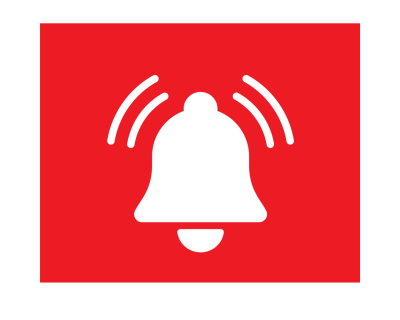
It is important to remember that domestic abuse can happen to anyone and it is not your fault.
Am I a victim?

Do you think you are a victim of domestic violence or abuse?
Maybe it has been happening for a long time and you haven’t realised that it is abuse:
- you might not want to believe that it is happening to you
- it might not happen all of the time
- you might love the person who is hurting you
- you might have been abused before and think that it is ‘normal’.
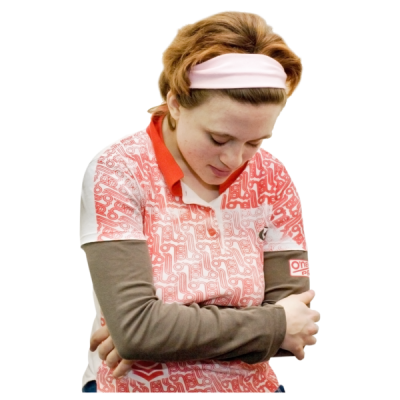
If you think you are a victim, you might find it hard to do anything about it. There are lots of reasons for this:
- you might think people won’t believe you
- you might think that there is nothing that can be done to help you
- you might be too frightened to get help
- you might feel guilty – like it is your fault.
How might you feel?

You may feel like your behaviour has changed.
You might:
- want to stay in and not go out
- not want to see your family or friends
- be upset and cry

- be irritable or angry

- not be able to sleep
- not want to eat much, or eat too much
- feel hopeless and alone

If you feel like you want to hurt yourself or others, you should speak to your doctor or nurse straight away.
Staying safe

It is very important to make sure that you and other people you care for, like children, stay safe.

You might want to keep an ‘emergency bag’ somewhere safe if you need to leave quickly. You could put some money and a change of clothes in it and anything else you think you will need.
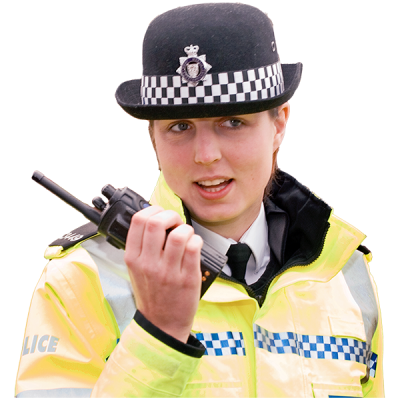
It might be helpful to think about some of these things if you need to leave your house in a hurry or if you are being hurt:
- how would you get out of the house?
- you might want to tell a neighbour to phone the Police if they hear shouting or screaming from your house
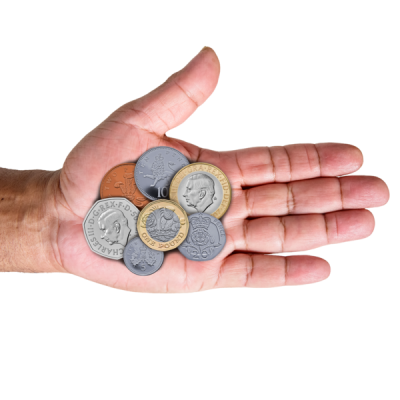
- how would you make sure you had your keys, money phone or tablets?
- where could you go if you decide to leave?

- you will need to think of a plan for your children and pets.
Remember you will need to take emergency phone numbers and bank cards.
Do people get out of abuse?

Yes. Lots of people have been able to stop domestic abuse.
It is not an easy thing to do, but there are lots of people who can help you.
Remember domestic abuse is a crime and you can call the police on 999.

You can also get help and information from your doctor or nurse.
Where can I get help?
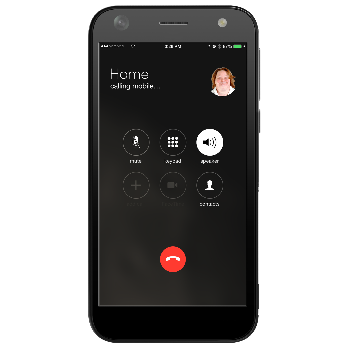
These organisations can give you help and advice:
National Domestic Abuse Helpline
Advice and support for people who are victims of domestic abuse.
Telephone: 0808 200 0247
www.nationaldahelpline.org.uk

Respect Men’s Advice Line
Advice and support for men experiencing domestic violence and abuse.
Telephone: 0808 801 0327
Email: info
www.

Victim Support
Support and help for victims of crime and their families and friends.
Telephone: 0808 16 89 111
Text Relay: 18001 0808 16 89 111
www.
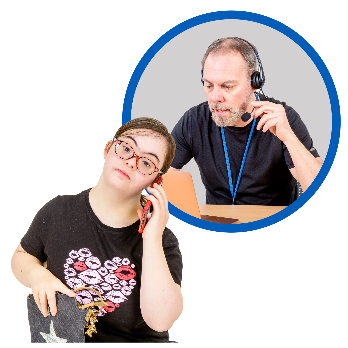
Samaritans
Support for people in a crisis.
Telephone: 116 123
Email: jo
www.

Mind Infoline
Help, information and support.
Telephone: 0300 123 3393
Email: info
www.
Acknowledgement

Easy Read version developed by:
- Skills for People, Telephone: 0191 281 8737
Skills for People is a registered charity no. 1069993 - Many thanks to service users and healthcare staff who have contributed to the development of this guide
Adapted from Domestic Violence - A Self Help Guide written by Maureen Plumpton, Lorna Cameron, Dr Lesley Maunder and Janet Bostock www.cntw.nhs.uk/selfhelp
Published by the Patient Information Centre
2025 Copyright, Cumbria, Northumberland, Tyne and Wear NHS Foundation Trust
Ref, PIC/631/0525 May 2025 V5
Review date 2028
 Print or download as a PDF
Print or download as a PDF